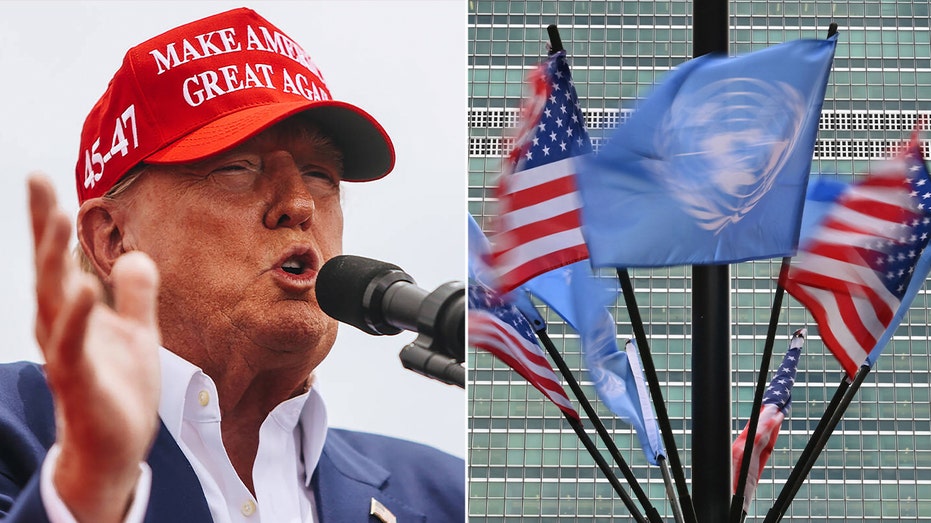Trump Urged to Review UN Immunity and Lax Visa Rules Amid Security Concerns

Sarah Johnson
April 4, 2025
Brief
Experts urge a review of the 1947 U.N. host nation agreement, citing national security risks from relaxed visa protocols and broad immunity granted to U.N. employees and families.
The 1947 agreement that designates the United States as the host nation for the United Nations is under scrutiny, as experts call for a reassessment of the functional immunity and relaxed visa protocols granted to U.N. employees and their families. Critics argue these rules could pose significant national security risks.
Anne Bayefsky, a prominent human rights advocate, noted that U.N. personnel often enjoy unfettered access to the U.S., despite documented ties between certain U.N. employees and terrorist organizations like UNRWA and Hamas. She described this as "a disconnect between the welcome routine and the significant harm to American interests." Her stance is clear: hosting the U.N. shouldn't mean endangering national security.
Under current U.S. policy, G visas are issued to U.N. employees and their family members with minimal vetting. Interviews for these visas are rare, described as a "rubber stamp exercise" by Hugh Dugan, a former senior advisor to U.S. ambassadors to the U.N. While this process is convenient, Dugan argued that it overlooks the need to assess potential threats—a glaring oversight in today’s geopolitical climate.
The host nation agreement also permits adversarial states, like Russia and China, to participate in U.N. activities, albeit with travel restrictions. Dugan pointed out that while these measures acknowledge the risk posed by adversary nations, the overall lax approach to vetting raises broader concerns.
Peter Gallo, a former investigator with the U.N.’s Office of Internal Oversight Services, highlighted another troubling aspect: the functional immunity granted to U.N. staff. This immunity often shields employees from consequences for misconduct, including sexual offenses. Gallo cited an incident where a U.N. employee harassed a colleague, resulting in a delayed investigation and minimal repercussions. As he put it, "immunity breeds impunity."
Gallo and Dugan both suggested that revoking G visas for U.N. staff involved in misconduct could serve as a deterrent. "If U.N. personnel knew that [immunity] could be lifted at any time by us, they might start behaving a lot differently," Dugan argued.
When asked about revocation statistics for U.N. staff visas, a State Department spokesperson maintained that all visa applicants are continuously vetted to ensure they remain eligible to travel to the U.S. However, the department does not publicly disclose data on visa revocations.
Adding fuel to the fire is the case of Francesca Albanese, a U.N. special rapporteur criticized for antisemitic remarks. Albanese toured U.S. college campuses while in the country, raising questions about the extent to which individuals with controversial records enjoy unrestricted access under the current system.
To make matters murkier, U.N. staff who spend a significant portion of their careers in the U.S. can also qualify for green cards, further embedding them into the fabric of American society. As the debate around national security continues, calls for reform in U.N. visa policies and immunity rules are unlikely to fade anytime soon.
Topics
Editor's Comments
The idea that immunity can transform into impunity is a serious accusation, and honestly, it feels like something out of a spy thriller. If we're handing out visas like candy, isn't it time to reconsider who's holding the bag? The loopholes in this system are glaring enough to drive a truck through, and they seem to be doing just that.
Like this article? Share it with your friends!
If you find this article interesting, feel free to share it with your friends!
Thank you for your support! Sharing is the greatest encouragement for us.



